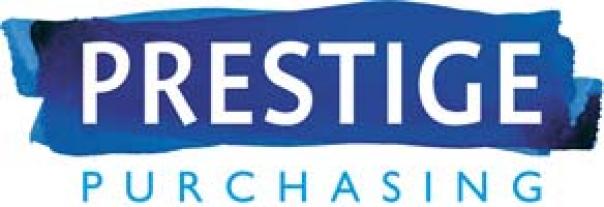
The possibility of the UK leaving the EU without a trade deal is still therefore present, and would create chaos. Some observers even claim that in this ‘crash out’ scenario, Britain could run out of some EU-supplied goods within days, leading to critical problems for hospitality operators.
On the balance of probability, ‘crash-out’ still feels unlikely but the perfect position of a tariff-free trade deal with frictionless borders is still far from certain. Our sector is well advised to start planning now, to avoid cost and availability issues during next year and beyond.
Planning for Brexit requires careful attention to detail by operators, who rely heavily on both people and goods from the EU to run their businesses.
Indeed, hospitality is predicted to be one of the most heavily impacted sectors in the UK. Not only are around 23% of the workforce EU nationals, Prestige Purchasing claims that the UK currently imports around 40% of its food - the majority of which comes from the EU.
With inflation hitting 9% in 2017, the hospitality sector has been feeling the pinch so it’s paramount that operators get to the heart of their supply chain before any EU trade deal is finalised.
Operators need to consider their exposure and calculate their biggest risks. They need to fully understand what they spend, on which products, the geography of where those products come from, and who their suppliers are.
To enable this, existing relationships with suppliers should be strengthened – it’s not advisable in the current circumstances to assume continuity of supply - so operators need to question suppliers about their sourcing and contingency planning.
Particular attention should also be paid to the criticality of each ingredient to menu success, linked to the level of that ingredient’s supply vulnerability and the ease with which country of origin can be switched in the event of short supply. This process is already leading many operators to increase the level of UK-sourced supply.
As a part of this review, operators should also look at their primary supply contracts, checking how long each one has left to run and the consequences of any break clauses.
To mitigate risk, one might consider establishing dual or even multiple supply routes for high-risk products or categories.
It is also worth considering that EU products might well be able to maintain the flow of goods across the Channel, but a new trade agreement might generate additional tariffs as well as impacting price through higher exchange rates.
Changes to food standards regulations and audit requirements could easily lead to hold-ups, extend product lead-times and affect port clearance - meaning the flow of incoming goods is interrupted.
Even when ingredients do arrive, their remaining shelf-life after their extended journey could well have reduced dramatically in comparison to the situation pre-Brexit. All of these factors need consideration.
Risk management
There is a lot to do but operators can keep track of their Brexit planning by creating a risk log. Once a business understands what its main threats are, each can be prioritised based on likelihood and impact, together with a plan to mitigate the risk they pose.
Each operator should research issues based on their individual business and look into the likely availability of goods, cost and quality.
Suppliers should be part of these plans and asked to share their own risk management strategies so operators can keep abreast of developments and update their plans accordingly.
Crucially, businesses should also build cross-functional teams to help monitor the situation, bringing in risk management and compliance, financial, legal, operational, sales and marketing colleagues.
Data will be key in determining where the main risks are and a list of credible suppliers should be built based on the knowledge operators have about their biggest needs and their customers’ favourite requests.
Brexit planning should be kept clear and made transparent to all stakeholders in the business, including any known possible negative implications – nobody likes surprises in risk management.
Good to know
In summary, each operator should seek to answer the following questions in advance of Brexit:
- What are the main exposures for the business?
- What are the possible outcomes and impacts of those exposures?
- What is the likelihood of each outcome?
- At what point, for this business, could these pressure points become ‘live’?
- What might the cash/profit implications be?
- What is the action plan for each point and the risk management option?
Knowing the answers ahead of time should help operators handle the outcome of Brexit when 29 March dawns next year.
The break may well turn out to be to the UK’s advantage, a chance to show how well it can stand alone and function on the world stage, and where better to plan and base that transition than right here, in hospitality?